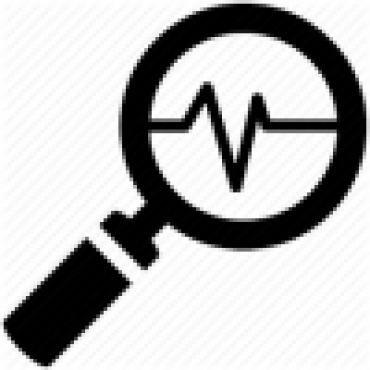“We have moved on from problem framing to problem solving.” Annita Beysen, u-sentric



The second Carelink AAL consortium meeting took place in Smithfield, Dublin on 23/24 January. It was a very constructive and productive couple of days which is perfectly summarised by the above words of key project partner u-sentric. The initial phase of the project has been characterised by a period of listening and scoping. We have updated our understanding of hardware devices and software solutions in the market today and we have spent time talking to people with dementia and their carers to understand their perspectives. This meeting was largely spent understanding our end user feedback and other learnings and using it to inform technical scoping decisions.
U-sentric presented feedback from its interviews with 12 people with dementia, 7 informal carers, 8 professional carers and 3 experts. Insights ranged from feedback on correct terminology (persons with dementia and not patients) to issues around lack of awareness and accidental stigmatisation. Information on the journey of a person with dementia from awareness through diagnosis and management of condition was gathered with insights into behavioural changes and attitudes around denial and acceptance. Carer challenges were identified from both PWD and carer perspectives. Feedback on wandering highlighted different types of wandering, possible causes and the need for flexible solutions that best fit the individual.
In addition to feedback from end user meetings in Belgium and Switzerland, our understanding of the dementia ecosystem in Ireland was enhanced by a presentation from Elaine Howard at Genio. This a non-profit organisation focussed on social service transformation with a mission to promote and support cost effective, community-based, flexible and personalized services. Once again, the team gained a deeper insight around the reality of life with dementia. Genio emphasised the importance of a normalising approach to dementia – it is important to enable as good a life as possible and to avoid unnecessary artificial supports. Focus on capability rather than deficits. The importance of a personalised support system that enables not impedes independence was evident.
With an updated and revalidated understanding of the gaps in user needs and technical shortcomings of existing solutions, we refined our ‘what is’ statement for Carelink;
We offer a platform that intelligently uses contextual data , gathered from sensors and machine learning, to predict, locate, recognise and manage wandering behaviour in persons with dementia.
Strong progress was made in all areas with well-defined next steps in the areas of data protection, technical development, continued end-user validation and preliminary market outreach and business planning.
The consortium meeting coincided with the a project press release (link to press release) in the Irish Market. The traction from this has been significant with many expressions of interest from formal and informal carers and potential partners.
Watch out for upcoming blog posts which will elaborate on user feedback and technical developments. Sign up to the newsletter and twitter to ensure that you don’t miss any of the latest developments.

